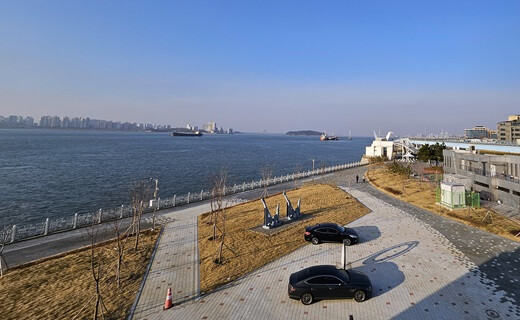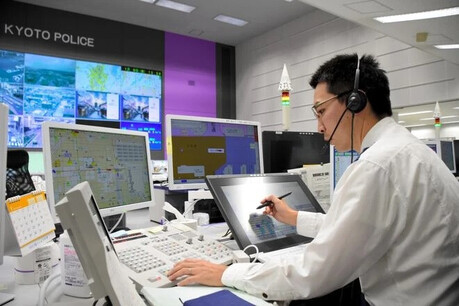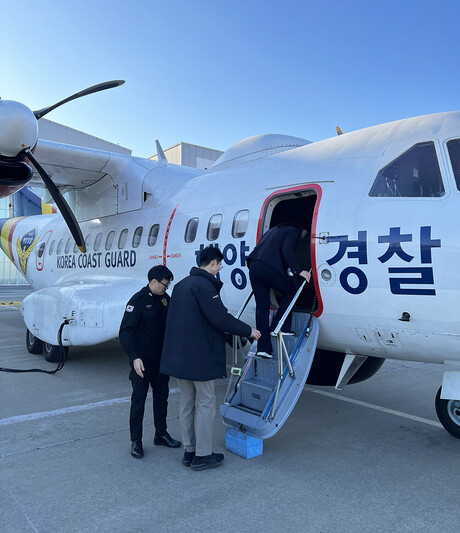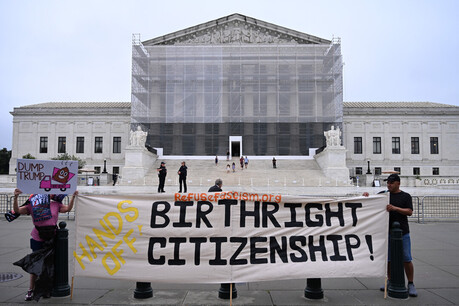
SEOUL, South Korea – The Ministry of Oceans and Fisheries has announced a significant overhaul of regulations governing port hinterland complexes, aiming to improve the working conditions of employees in these industrial areas.
Effective immediately, the ministry has expanded the range of businesses allowed to operate within these complexes, including convenience stores, restaurants, and medical facilities. The move comes in response to longstanding complaints about a lack of amenities for workers in these often remote locations.
The revised guidelines also allow for greater flexibility in subleasing facilities within the complexes, enabling businesses to explore new revenue streams and fostering a more dynamic business environment.
“These changes are designed to make port hinterland complexes more attractive places to work,” said a spokesperson for the Ministry of Oceans and Fisheries. “By providing a wider range of amenities and fostering a more entrepreneurial spirit, we hope to attract and retain skilled workers in the maritime industry.”
Concurrent with these regulatory changes, the ministry has also unveiled its Second Seafarer Policy Basic Plan. This plan outlines a series of measures aimed at improving the working conditions of seafarers and attracting more young people to the maritime industry. Key initiatives include:
Expanding training programs: The government will invest in programs to help seafarers re-enter the workforce after career breaks.
Enhancing onboard living conditions: Efforts will be made to provide seafarers with faster internet connections and other modern amenities.
Streamlining administrative processes: The ministry will digitize many of its services to reduce the administrative burden on seafarers.
By implementing these policies, the South Korean government aims to position itself as a global leader in maritime human resources and to ensure the long-term sustainability of its shipping industry.
[Copyright (c) Global Economic Times. All Rights Reserved.]





























